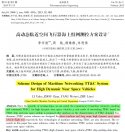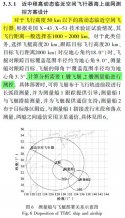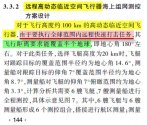No, what I wrote, was :
"In other words, I cannot see ICBM ranged HGVs being used against anyone but high capability foes at global ranges, and in such a case, I cannot see how such a weapon would not seek to overwhelmingly prioritize nuclear delivery as its primary mission."
In theory, yes, of course this weapon could have a conventional application. The possibility of such an application is above zero, yes.
But surely you must see that the most likely and most high priority, primary role of it would be as a nuclear delivery vehicle?
If China wanted the capability to conduct conventional global strikes against non-US targets, they do not need an ICBM ranged HGV.
Well I have to disagree.
If this intercontinental HGV was developed in isolation, then I would agree with your assessment that it would make most sense from a nuclear delivery standpoint.
However, in the broader context of China’s new ICBM silo fields; continued upgrading and expansion of its road mobile ICBM force; advanced stages of development of its H20 stealth bomber and ongoing modernisation of its nuclear submarine fleet, including SSBNs. Well using this new HGV as a nuclear delivery option would seem distinctly overkill.
Not only that, but by making it nuclear, China would also effectively deprive itself of its newest, and as yet, only effective conventional strike option against high value targets on CONUS itself.
I would say that it would make very little sense for China to use this HGV for nuclear delivery, when you consider it should have MAD fully covered by the massive expansion of its conventional nuclear delivery triad by the time this new HGV becomes operationally deployed.
OTOH, having the means to reach out and strike, conventionally, at basically any target it wants on the CONUS will be a complete game changer in terms of both political and operational dimensions for China and America. And will drastically increase the costs to the US of any direct military engagement against Chinese forces, which will reduce the chances of the US deciding to get into the fight directly to start with.
Hell, even from a strategic nuclear standpoint, it would make far more sense to use these new HGVs conventionally, since the US would be compelled to expend its limited BMD interceptors trying to shoot these down in the lead up to escalation to nuclear even if it knows full well the HGVs are only carrying conventional payloads.
This depletion of its BMD capabilities before escalation to nuclear will both serve as a further deterrent for the US to go nuclear; and failing that, will make the inevitable Chinese counterattack all the more successful.



